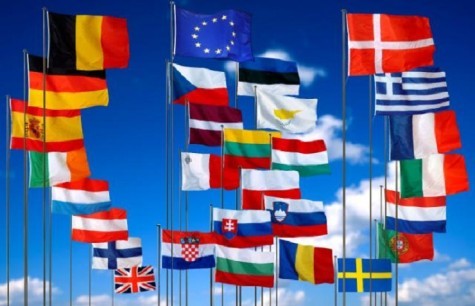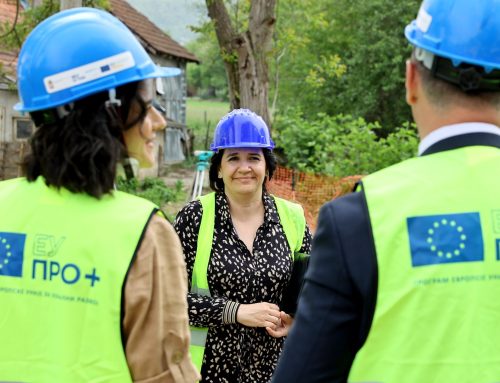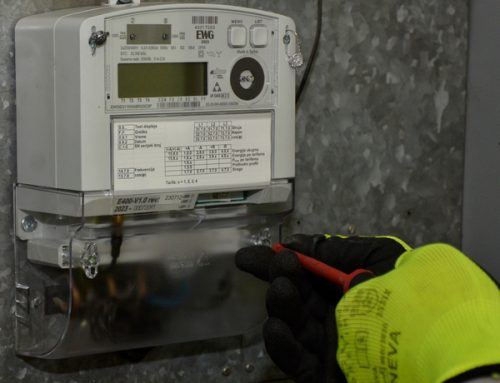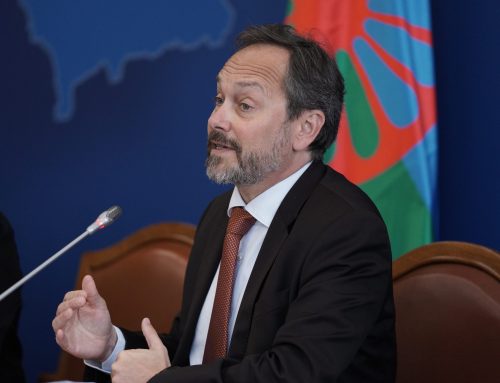Brussels, 14 August 2015
European Commission – Speech – [Check Against Delivery]
Dimitris Avramopoulos, Migration and Home Affairs Commissioner:
You have all seen the news headlines – you are the ones writing the reports – you know why I am here.
I have come here today at the request of President Juncker, whom I spoke with again this morning and who, like me, remains gravely concerned by the situation in our Member States.
Today the world finds itself facing the worst refugee crisis since the Second World War. And Europe finds itself struggling to deal with the high influxes of people seeking refuge within our borders.
Greece
Firstly, the situation in the country I know best has become particularly urgent. Almost 50 000 migrants arrived in July compared to less 6 000 last year for the same month.
Managing the situation is of course first and foremost a sovereign responsibility of the Member States.
We provide help where we can and to the greatest extent possible, without, of course, replacing national responsibilities.
And I commend the Greek authorities for their efforts to deal with a situation that it would be an understatement to describe as challenging.
Yesterday I was in Athens to meet with the Minister of the Interior and the Ministers responsible for Migration, Coordination of government work, Public Order and Citizen Protection, Maritime Affairs and Health and Social Security.
Together we came up with a game plan. A plan for how we can work together to address a problem that is not Greek. A problem that is European.
The immediate operational conclusions of our meeting are:
- Funding: Earlier this week, the European Commission approved the national funding programmes for Greece that amount to €474 million. As Prime Minister Tsipras confirmed already last week, Greece is setting up the management authority for these funds. Once it is formalised, the first disbursement of €30 million will be made in 4-5 days’ time and then the money can start flowing immediately.
- Emergency Funding: On top of this, the Commission is fast tracking the Greek request for €2.74 million in emergency funding under the Internal Security Funding to support the first reception response delivered by UNHCR to newly arrived migrants on the Aegean islands.
In May, the emergency money was doubled from €25 million to €50 million for 2015, with frontline countries like Greece in mind. I have therefore asked Greece to put in a further request for emergency funding under the Asylum Fund, which they will do.
- Civil Protection Mechanism: I understand Greece will also now trigger the Civil Protection Mechanism to provide immediate humanitarian assistance to the Eastern Aegean Islands. This is the same mechanism used to send tents to Hungary – it is EU solidarity at its core. The assistance can include material assistance, expertise, intervention teams and modules, and specific equipment. I call on all EU Member States to respond quickly to this call and show solidarity with Greece. And I count on the support of my colleague, Commissioner Stylianides to coordinate this.
Looking beyond the next few days:
- The headquarter to implement the hotspot approach will be set up in Piraeus to implement the Hotspot approach already in place in Italy. There will be a meeting of all EU Agencies, convened by the Commission, in Greece on 25 and 26 August.
- The Greek authorities have committed to make progress on the Greek Road Map for Asylum. I welcome their commitment to present shortly an effective plan to deal with the relocation of 16,000 people in clear need of international protection to other EU Member States.
- We, the Commission also commit to redoubling our efforts to cooperate with Turkey on the management of the crisis. Very soon I will be visiting Turkey and I am happy to be able to count on the support of my colleagues, High Representative Mogherini and Commissioner Hahn in this regard as well.
- I would like to reiterate my call on Member States to pledge the assets needed for Frontex Joint-Operation Poseidon operating in the Aegean Sea without delay. The Heads of state and government of every one of the EU’s 28 Member States unanimously committed to reinforcing the number of assets.
A last note on Greece: we know the situation is not easy. We know the great pressure on the country and the difficulties faced in addressing it. We know that it is not unlinked to the economic situation.
And I want to express on my behalf and on behalf of this institution and its President, my full support to Greece and to the Greek people. We will stand together to address the challenges that lay before us – showing solidarity and sharing responsibility.
The Road Ahead
Because if there is one thing that no one can deny any longer, it is that it is patently obvious that on matters of migration, it is Europe as a whole that is concerned. None of us are exempt. Let me touch briefly on some of the most pressing issues I see at this point in time:
Hungary
If 50 000 people arrived in Greece in the month of July alone, more than in the entirety of 2014, 35 000 arrived in Hungary in the same period, meaning Hungary is joining Italy and Greece as the Member States most exposed, on the frontline.
I travelled to Budapest on 30 June and discussed the matter with the Hungarian authorities. And yesterday we received the official request for €8 million in emergency assistance from Hungary to help expand reception capacities. The Commission will treat the request without delay.
At the initiative of Hungary, a high-level conference will be held in October in order to addresses the rising challenges posed by increasing migratory flows to Hungary and central Europe via the Western Balkans.
Austria
We have also received a request for emergency funding from Austria to help with the rapid expansion of its reception facilities. The independent committee that looks at the requests is meeting now to process it, in order to release the funds by the end of August.
Calais
Lastly, the situation in Calais is another stark example of the need for a greater level of solidarity and responsibility in the way we deal with migratory pressures in Europe. I spoke with Interior Ministers Theresa May and Bernard Cazeneuve last week and offered our support. I expect a second request for emergency funding, on top of the €4 million granted to France in February, to arrive shortly.
European Agenda / Valetta Summit
But money alone will not solve the problem. This is a challenge we need to tackle from all angles. The Commission has set out a European response in the form of the European Agenda on Migration.
One of the key elements will be making returns more effective and stepping up our cooperation with countries of origin and transit. To this end, we will hold a summit in Valetta in November with key African countries and international organisations and I will travel to Niger with French Interior Minister Cazeneuve and others to advance on the setting up of a first pilot multi-purpose centre.
You can also count on the Commission to continue the swift roll out of the Agenda, and come forward with further proposals on a relocation mechanism for use in future emergency situations, as promised, at the end of the year.
Conclusion
There is no simple, nor single, answer to the challenges posed by migration. And nor can any Member State effectively address migration alone. It is clear that we need this new, more European approach.
We need the collective courage to follow through on our commitments – even when they are not easy; even when they are not popular.
I hope together we, Member States, Institutions, Agencies, International Organisations, Third Countries, can prove we are equal to this challenge. I am convinced we are able.
Europe’s history if nothing else proves that we are a resilient continent, able to unite in face of that which seeks to divide us.
General public inquiries:
- Europe Direct by phone 00 800 67 89 10 11 or by email




